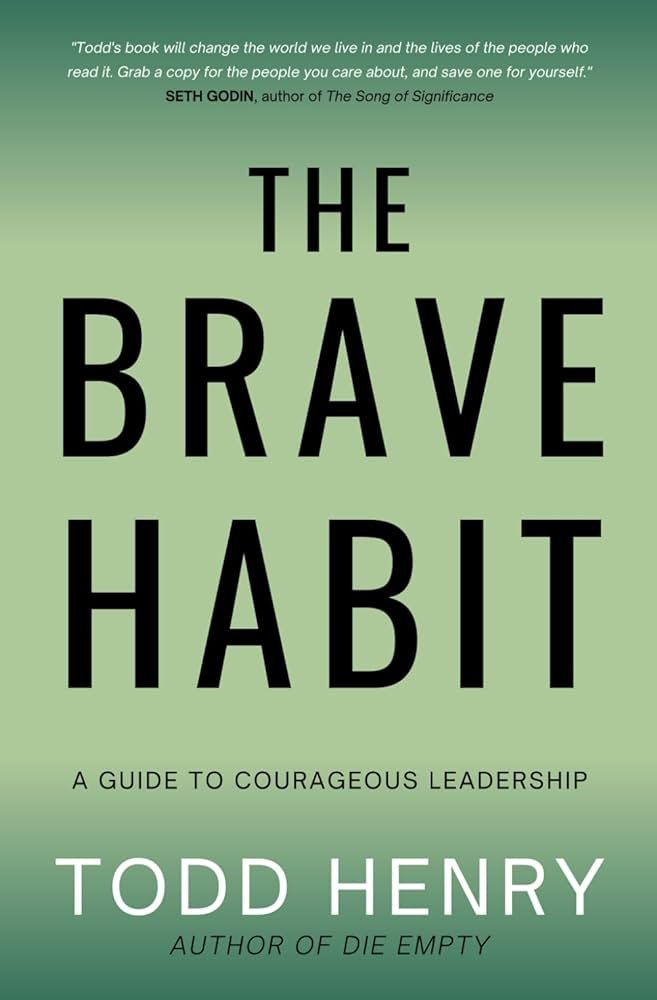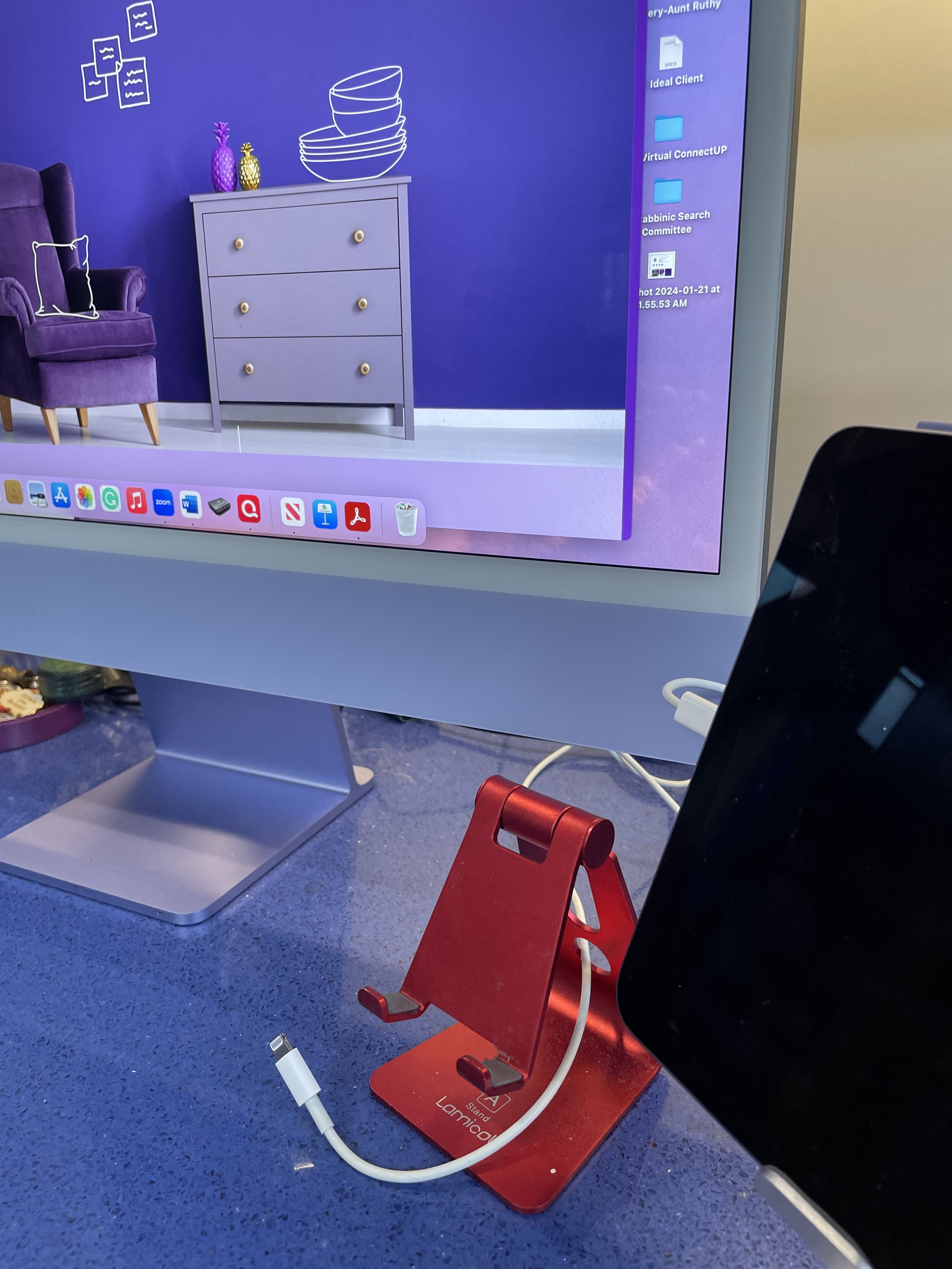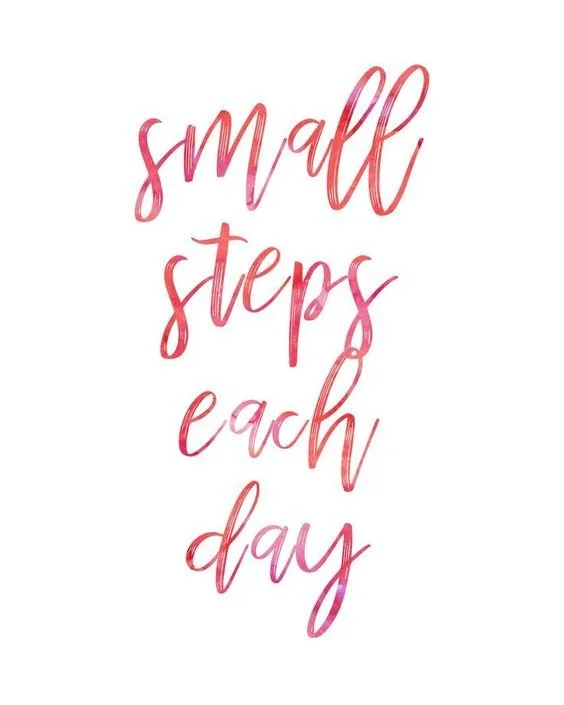When you think about change, which emotions bubble up? As someone who has observed, experienced, and helped others make changes, I’ve noticed many reactions. When anticipating change, we can experience mixed emotions, including fear, frustration, anxiety, doubt, overwhelm, sadness, ambivalence, excitement, relief, and hope.
Emotions are powerful. They can paralyze or propel us, depending on which ones are in play.
What if you could stack the deck in your favor?
What if you could shift your perspective to encourage a more joyful experience for your desired changes?
How would that alter your journey?
When you think about making a change, it can feel enormous, confusing, and unreachable. For example, let’s say you feel overwhelmed and frustrated by the clutter and disorganization in your life. You want things to change but don’t know what to do or how to begin. As a result, you do nothing.
A common organizing philosophy encourages breaking down large projects or goals into small, doable parts or tasks. Using this strategy is an effective path forward. You keep the larger goal in mind while focusing your effort on tiny, baby steps. This process reduces overwhelm and facilitates forward movement.
Encourage Change by Shifting Your Perspective
During a recent meditation and writing retreat led by my friend and colleague, Yota Schneider, she shared an insightful question. We considered it in a particular context around focusing.
However, the more I thought about it, the more I recognized how you could use the question to encourage change through a lens of positive expectations.
The question Yota shared was from neuropsychologist and author Dr. Rick Hanson. He asked,
“What will I be glad I did today?”
I appreciate the question’s simplicity and graciousness. What will I be glad I did today? The question has several fascinating effects.
Contemplate – It invites you to consider joy, happiness, gratification, or satisfaction as the driving force. In other words, you are taking action inspired by this positive perspective.
Strengthen – It offers a nonjudgmental inquiry while strengthening activation confidence. You imagine this positive change or task as if you have already accomplished it. The question boosts agency.
Reduce – While it doesn’t overtly state this, the question implies a narrower, singular focus. Dialing down the possibilities to something smaller can reduce or eliminate overwhelm.
Imagine – It merges present action with positive, immediate future results. You are doing something now that you will be happy you did later today.
Build – Using this question to navigate change gently promotes a repeat-and-build pattern versus a one-and-done method.
Act – The question is non-confrontational. It’s even kind of fun. You’re focusing on how good you’ll feel or “glad” you are when you do that thing today.
“Encourage change through a lens of positive expectations.”
Work the Present and the Future
Once you gear your mind toward a “glad I did today” focus, you will experience many positive changes that connect with your larger goals. Here are several of the positives I’ve experienced recently and the change categories they influenced. I am glad I:
Relationships – Nurture and Strengthen
Celebrated my husband’s birthday
Cooked with my daughter
Sent packages and notes to our kiddos in advance of Valentine’s Day
Had assorted conversations with friends, family, and colleagues, including a friend I hadn’t spoken with in way too many years
Professional – Lead and Learn
Completed the edits and returned my chapter for a new ICD book on chronic disorganization
Led a planning meeting for my organizing colleagues for NAPO Westchester
Had virtual organizing sessions with my clients
Wrote my blog
Finances – Manage and Build
Gave our accountant a preliminary tax summary
Paid bills
Reconciled accounts
Household – Maintain and Edit
Cleared out the 2024 files and set up the 2025 files
Did laundry
Added a few clothing items to the donation bag
Well-Being – Calm and Care
Scheduled vaccines
Didn’t eat that extra piece of cake
Took a walk along the river even though it was cold
Slept later than usual
Went to yoga class
Meditated
It’s Your Turn to Invite Change
Which categories in your life are you looking to change? What is one thing you can do today that will bring you closer to that goal? With this in mind, what will you be glad you did today? I’d love to hear your thoughts. I invite you to join the conversation.
How Can I Help?
Do you want support organizing, planning, or inviting positive change? I’d love to help! Virtual organizing is an extraordinary path forward – local feel with a global reach.
Please email me at linda@ohsorganized.com, call 914-271-5673, or schedule a Discovery Call. Change is possible, especially with support.



















